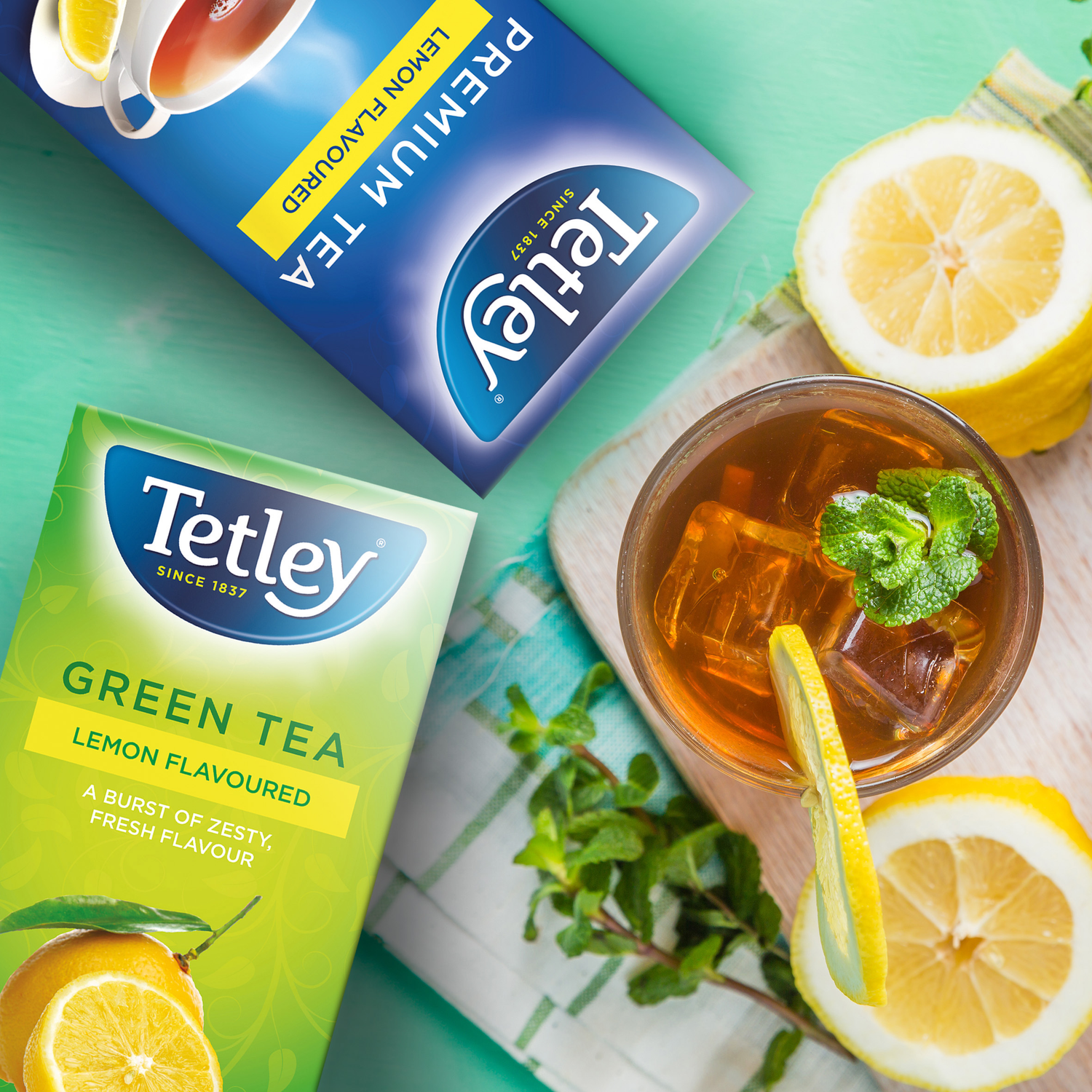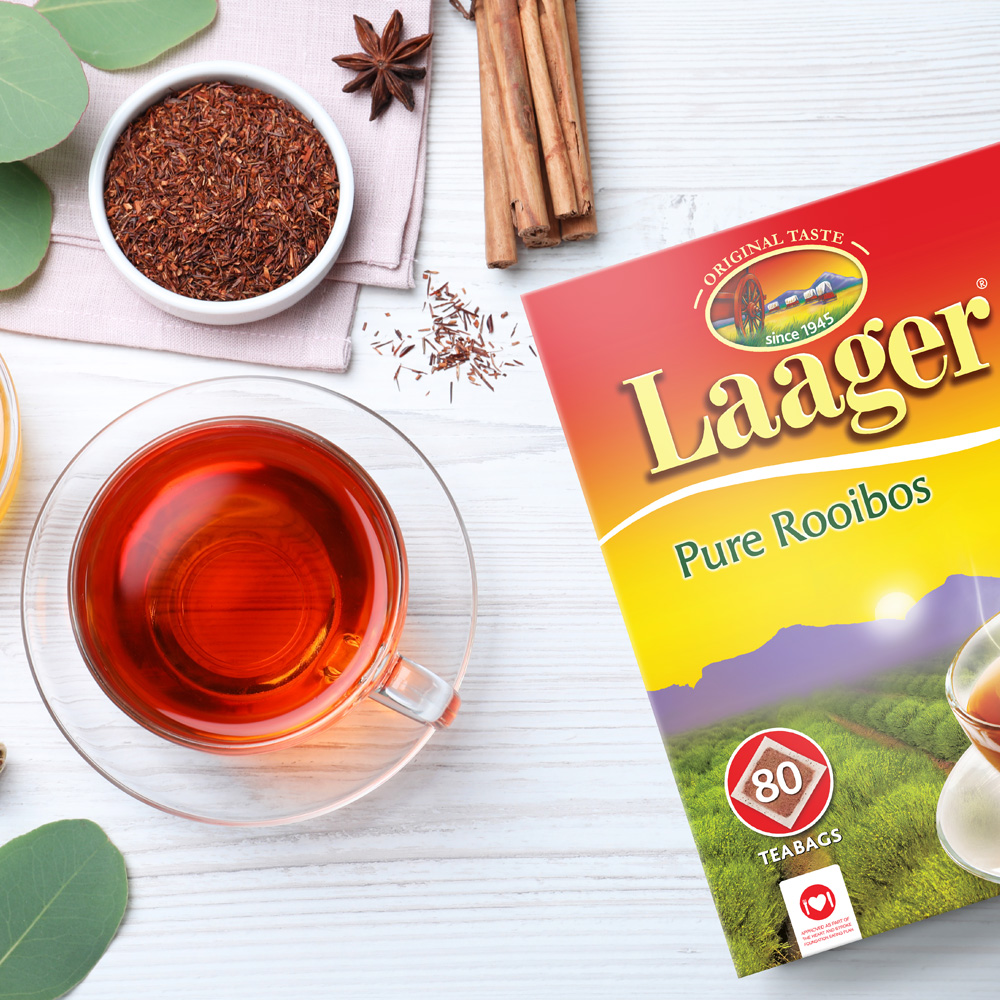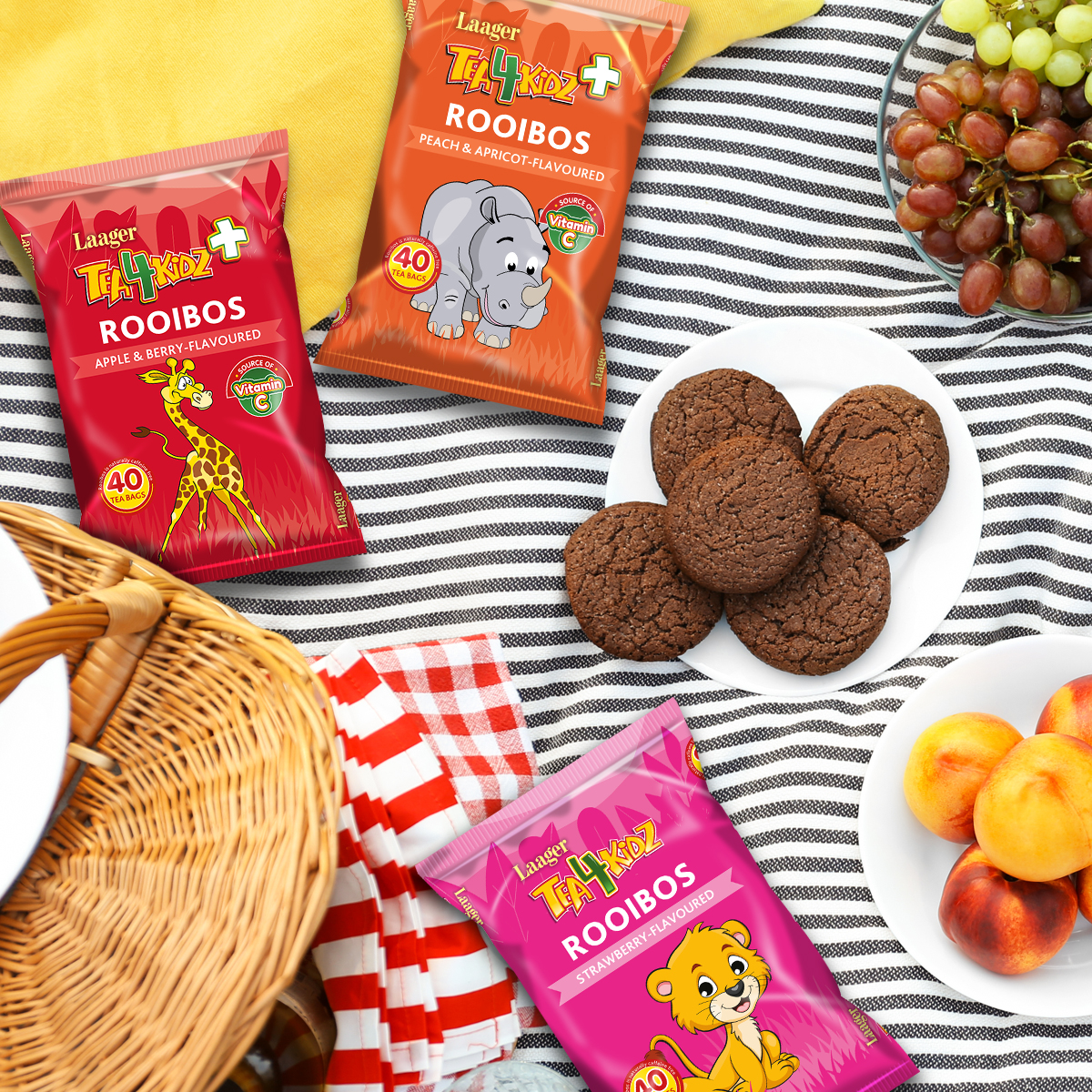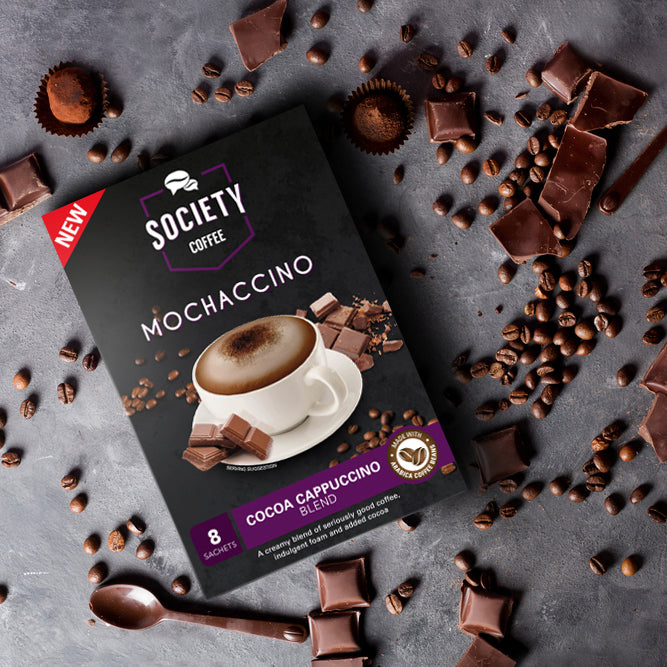When it comes to sugar, you can have too much of a good thing. This has been well-documented over the years, with sugar being linked to obesity, type 2 diabetes, hypertension, and cardiovascular disease. This is dangerous for children’s health, but beyond the physical implications are the neurological ones, with sugar negatively impacting cognitive function, mood, and behaviour in children.
“The danger of excess sugar consumption is well-known, with the South African government implementing the Health Promotion Levy (HPL) to limit our daily intake,” commented Mbali Mapholi, Laager Rooibos partner dietitian.“But parents and caregivers also play a vital role in limiting children’s sugar intake because there are so many hidden sugars in children’s food and drinks. Without taking necessary precautions, little ones can consume excess sugar incredibly easily.”
This can be of particular concern for parents whose children already struggle with focus and concentration. Mapholi explained that sugar plays a significant role in brain function, providing a quick source of energy, but the over-consumption of sugar can be a real problem: “We’re seeing increasingly negative impacts on cognitive function and behaviour with unregulated sugar consumption. However, there are lots of ways parents can reduce sugar intake from children’s daily diets.”
4 Ways Sugar Impacts Children Daily
1. Sugar Spikes
Mapholi explained that when children consume sugary foods and drinks, their blood sugar levels rise rapidly, providing a quick burst of energy: “However, this surge is short-lived, often followed by a sharp drop in blood sugar levels, commonly known as a sugar crash.”
These fluctuations can cause:
- Irritability and mood swings
- Difficulty concentrating and paying attention
- Fatigue and sluggishness
“For children with attention difficulties, these rapid shifts in energy levels can worsen symptoms, making it harder for them to stay focused, regulate emotions, and remain calm throughout the day.”
2. Nutrition Disruption
High sugar intake doesn't just affect energy and mood, it can also disrupt a child’s overall nutrition by reducing the intake of essential nutrients. As Mapholi noted: “Many children with ADHD already have selective eating habits, preferring specific textures, flavours, or colours. If diets are filled with low-nutrient, high-sugar foods, this can further prevent the children in question from getting sufficient nutrition.”
Sugar disrupts nutrition because:
- Children feel full too quickly, leaving less room for nutrient-dense foods like vegetables, protein, and whole grains.
- Children miss out on key brain-boosting nutrients like omega-3s, iron, magnesium, zinc, and B vitamins - essential for attention, learning, and mood regulation.
- Children experience weaker immunity and digestive health, as excessive sugar can disrupt the balance of gut bacteria, affecting nutrient absorption.
3. Dopamine
“Sugar triggers the release of dopamine, the brain’s ‘feel-good’ neurotransmitter,” says Mapholi. “This can create a cycle where kids crave more sugar to experience the same pleasurable effect.”
Over time, frequent sugar intake can overstimulate the brain’s reward pathways, leading to:
- Increased cravings and impulsive behaviour.
- Difficulty with self-regulation i.e. trouble calming themselves down.
- Higher risk of developing unhealthy eating habits.
4. Inflammation of the Brain
“Although more research is needed, high sugar intake has been linked to inflammation in the brain, particularly in areas responsible for memory and learning. Chronic inflammation can contribute to cognitive difficulties and make it harder for children to retain information and focus,” she notes.
5 Tips for Reducing Added Sugar in Children’s Diet
Mapholi explains that reducing added sugar doesn’t mean eliminating all sweet foods, but is rather about making smarter choices that support stable energy levels and brain function.
1. Replace Sugary Drinks
Instead of sugar-laden fruit juices, soda drinks, and flavoured milk, parents can give their children water or Laager Tea4Kidz Rooibos tea. This is naturally caffeine-free and sugar-free, while the taste of Rooibos is sweet-tasting in nature. They also come in a range of delicious flavours. Add sliced fruit for enhanced natural sweetness, and serve as an iced tea on a hot day, or a warm beverage in winter.
2. Protein and Fibre-rich Snacks
Instead of sugary cereals, biscuits, and chips for snacks, rather serve yoghurt with fresh fruit, peanut butter on whole-grain toast, eggs, or cheese and wholegrain crackers. Protein and fibre help slow sugar absorption, keeping blood sugar stable and preventing energy crashes.
3. Read Food Labels
Look for hidden sugars in common products like yoghurts, sauces, and snack bars. Choose foods with less than 5g of added sugar per 100g. Food items with more than 15 g of added sugar per 100g are considered too high.
4. Make Healthy Treats
Veer away from store-bought treats and make healthier alternatives at home. Mapholi has shared some of her favourite healthy treat recipes:
- Creamy Low-sugar Smoothie
- Blend frozen bananas, plain yoghurt, peanut butter, ice, and a splash of Laager Tea4Kidz Rooibos for a naturally sweet, creamy smoothie. Add chia seeds or flaxseeds for extra fibre and omega-3.
- Fruit-Sweetened Muffins
- Use mashed bananas, dates, or unsweetened apple sauce instead of refined sugar when making muffins. Add whole wheat flour and Laager Tea4Kidz Rooibos-infused milk for a nutrition boost. Try mix-ins like grated carrots, cinnamon, or blueberries for extra flavour.
- Fudgy Pumpkin Oat Brownies
- Use mashed pumpkin for natural sweetness and moisture in brownies. Add oats to increase fibre and reduce sugar.
- Use dark cocoa powder for a rich flavour without added sugar.
- Use mashed pumpkin for natural sweetness and moisture in brownies. Add oats to increase fibre and reduce sugar.
- Laager Tea4Kidz Rooibos Fruit Slushies
- Blend fresh fruit such as watermelon, strawberries, and mango with brewed and cooled Laager Tea4Kidz Rooibos.
- Pour into ice cube trays or popsicle moulds and freeze for a refreshing, sugar-free summer treat.
- No-bake Energy Balls
- Mix oats, nut butter, chia seeds, cocoa powder, and a drizzle of honey for a quick, nutrient-dense snack. Roll into
bite-sized balls and refrigerate for a grab-and-go energy boost. - Tea-infused Jelly Cups
- Brew Laager Tea4Kidz Rooibos and mix with gelatin and fresh orange juice for a natural, sugar-free jelly. Pour into small cups and let it set in the fridge for a fun, healthy dessert.
- Mix oats, nut butter, chia seeds, cocoa powder, and a drizzle of honey for a quick, nutrient-dense snack. Roll into
5. Teach Mindful Eating Habits
Encourage children to eat by not shaming other foods but offering options for them to pick from. Involve them in making healthier choices at home, such as picking fresh fruits over packaged sweets. Keeping children hydrated may also help reduce irritability. “By making these small, sustainable changes, parents can help support their children’s brain function, attention span, and overall well-being - without the negative effects of excessive sugar,” concludes Mapholi.
The Laager Tea4Kidz Rooibos range is naturally caffeine-free and sugar-free, and offers a variety of flavours, including 2 with added Vitamin C for even more health benefits. Parents and caregivers can also access a range of healthy recipes, advice and tips via the Joekels website, www.joekels.co.za, and via @Tea4Kidz on Facebook and @LaagerRooibosTea on Instagram.
/END





